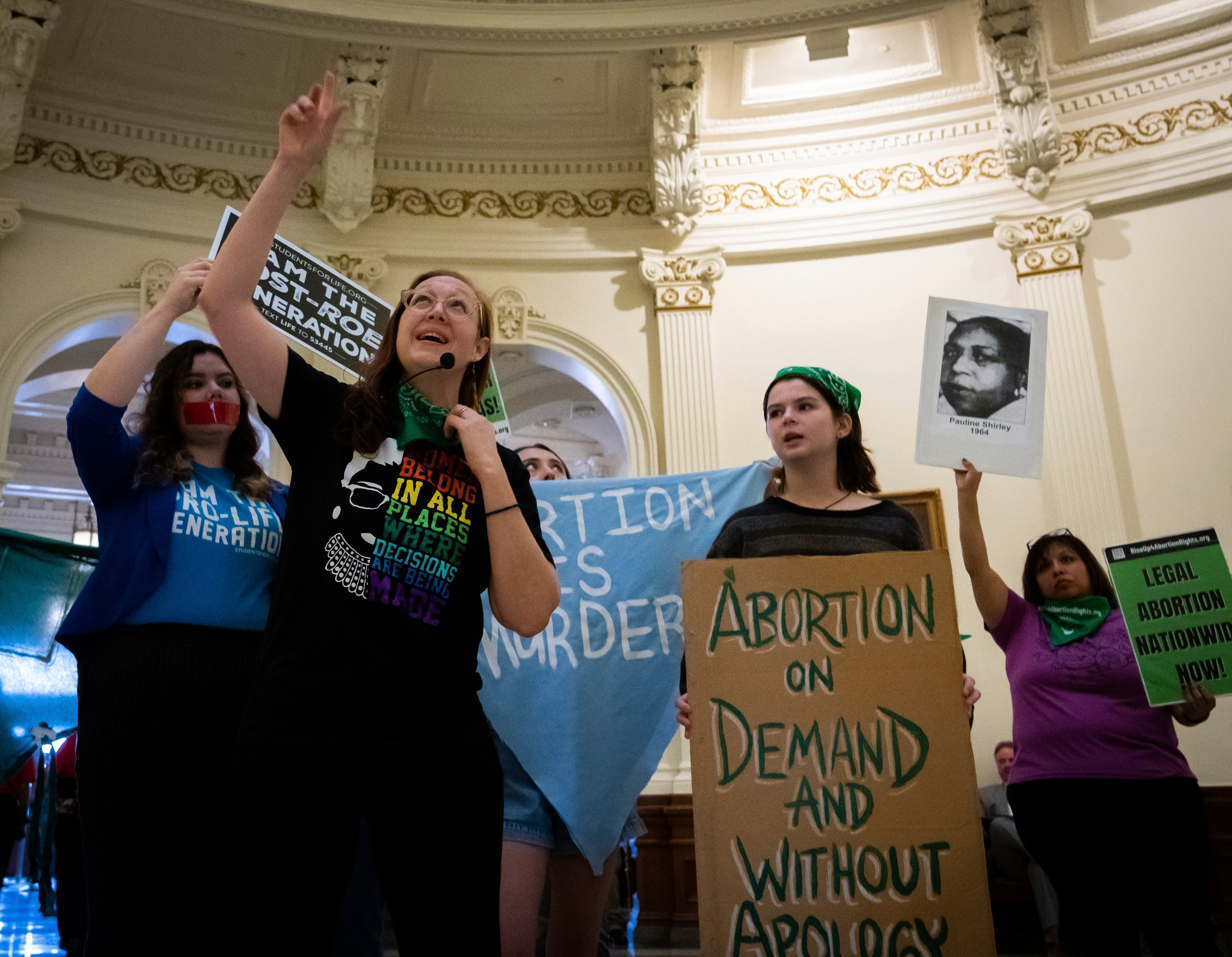Abortion pill access case: Judge wants 'less advertisement'
A transcript reveals that a federal judge overseeing a high-stakes case that could threaten access to medication abortion told lawyers not to publicize upcoming arguments in the lawsuit

Your support helps us to tell the story
From reproductive rights to climate change to Big Tech, The Independent is on the ground when the story is developing. Whether it's investigating the financials of Elon Musk's pro-Trump PAC or producing our latest documentary, 'The A Word', which shines a light on the American women fighting for reproductive rights, we know how important it is to parse out the facts from the messaging.
At such a critical moment in US history, we need reporters on the ground. Your donation allows us to keep sending journalists to speak to both sides of the story.
The Independent is trusted by Americans across the entire political spectrum. And unlike many other quality news outlets, we choose not to lock Americans out of our reporting and analysis with paywalls. We believe quality journalism should be available to everyone, paid for by those who can afford it.
Your support makes all the difference.A federal judge overseeing a high-stakes case that could threaten access to medication abortion across the nation told lawyers not to publicize upcoming arguments in the lawsuit and that “less advertisement of this hearing is better,” according to a transcript of the meeting, in a move experts say is outside the norm in the U.S. judicial system.
U.S. District Judge Matthew Kacsmaryk — who was appointed by former President Donald Trump and is known for conservative views — told attorneys during a status conference by telephone on Friday that because the case has prompted death threats and protests, he didn't want the hearing to be highly publicized.
“And because of limited security resources and staffing, I will ask that the parties avoid further publicizing the date of the hearing,” the judge said, according to the transcript released Tuesday. “This is not a gag order but just a request for courtesy given the death threats and harassing phone calls and voicemails that this division has received.”
Kacsmaryk did not specify who made threats.
“We want a fluid hearing with all parties being heard. I think less advertisement of this hearing is better,” the judge said in asking lawyers not to Tweet about the hearing so that the court could avoid “any unnecessary circus-like atmosphere of what should be more of an appellate-style proceeding.”
The judge, based in Amarillo, Texas, said he planned to issue an order setting the hearing on Tuesday, one day before the hearing on Wednesday. Kacsmaryk ultimately issued the order Monday after The Washington Post reported on his attempt to keep the hearing under wraps.
Terry Maroney, a professor at Vanderbilt University Law School who studies federal judges, said they often have security concerns in high-profile cases, but Kacsmaryk's handling of such worries was unusual.
“I have not heard of anybody doing this,” Maroney said of Kacsmaryk seeking to delay public notice of the case. “It does strike me as unusual and not proper.”
Maroney said that while Kacsmaryk noted his request to avoid publicity was not an order, most lawyers would nonetheless be inclined to obey when a judge frames a request as a matter of safety. “It functionally operates as a gag order,” she said.
University of Oklahoma law professor Joseph Thai called it “deeply concerning” for a federal judge to try to keep the public in the dark.
“The fact that the Trump-appointed judge is deciding a highly political question, potentially denying millions of women across the country a safe and effective abortion pill, makes it all the more critical to ensure public notice and access to the hearing at which their rights will—or will not—be heard," Thai said. “Nothing less than the legitimacy of the judicial branch is at stake.”
The closely watched lawsuit is challenging the U.S. Food and Drug Administration's more than 20-year approval of the drug mifepristone, one of two drugs used in medication abortions which account for more than half of the abortions in the U.S.
The suit was filed by a group that helped challenge Roe v. Wade, which the U.S. Supreme Court struck down last year, stripping away women’s constitutional protections for abortion.
Impacts of a ruling against the FDA could take years to play out. It could affect states regardless of whether abortion is legal there.
___
Follow AP's full coverage of abortion: https://apnews.com/hub/abortion